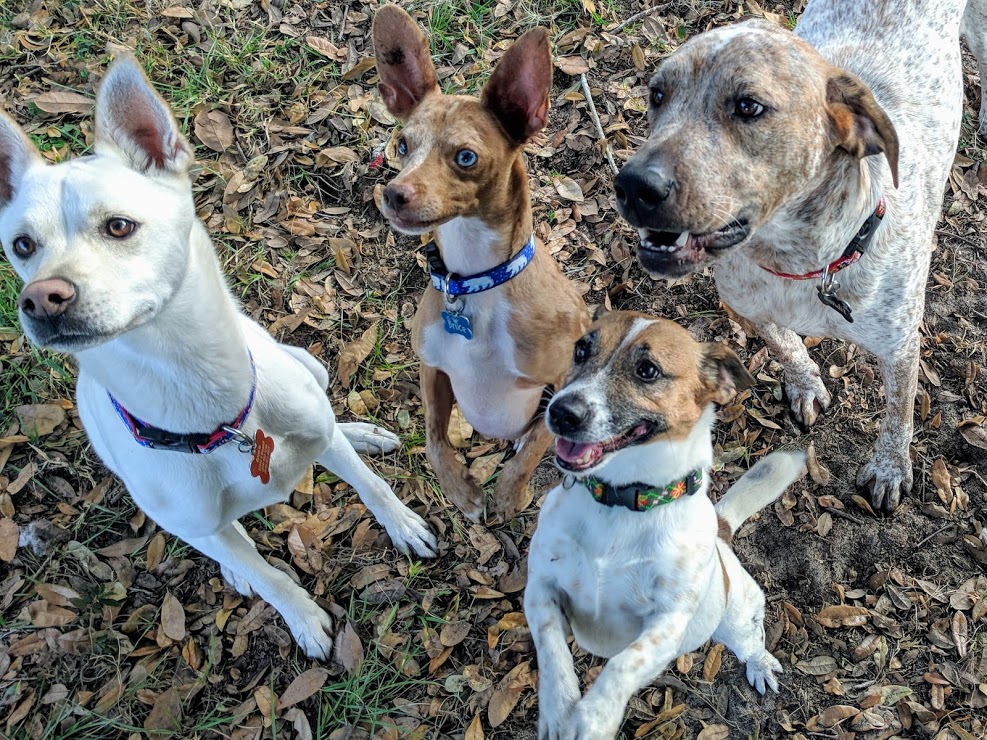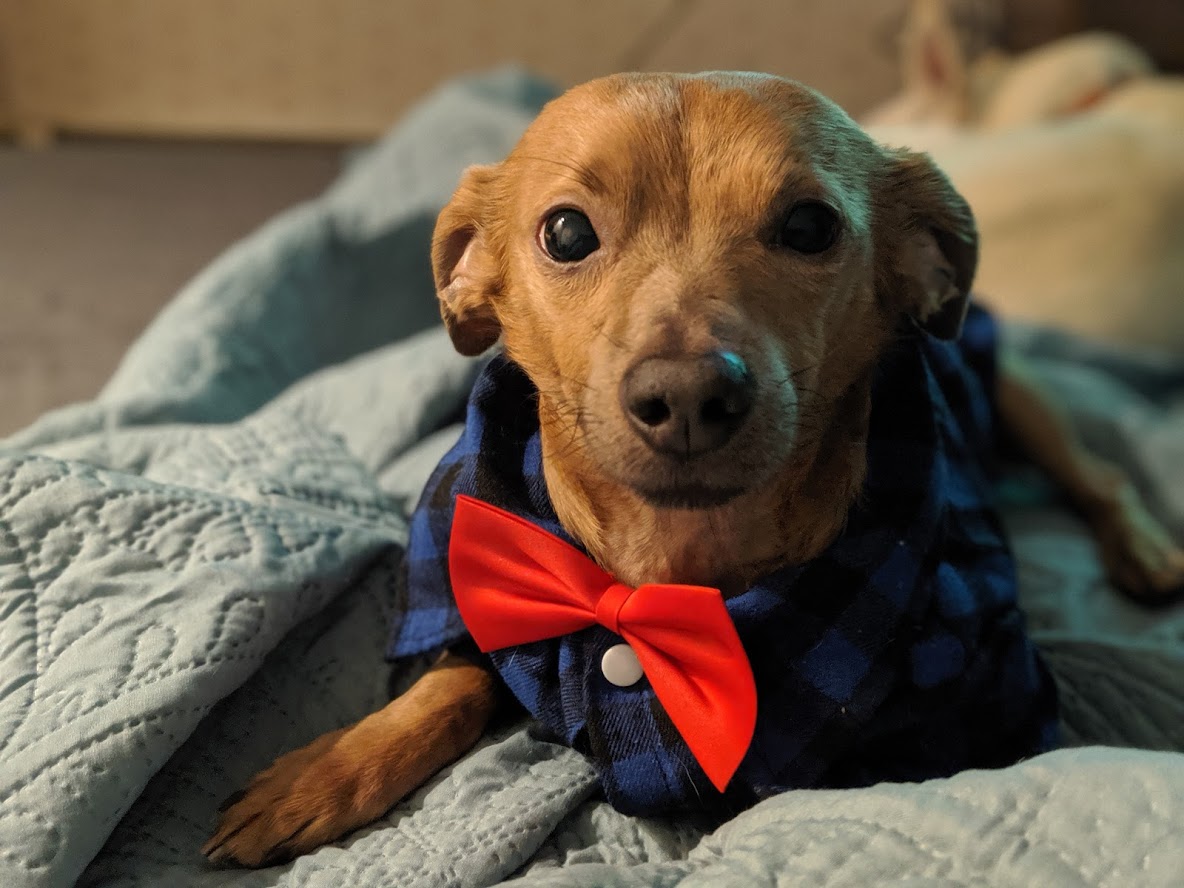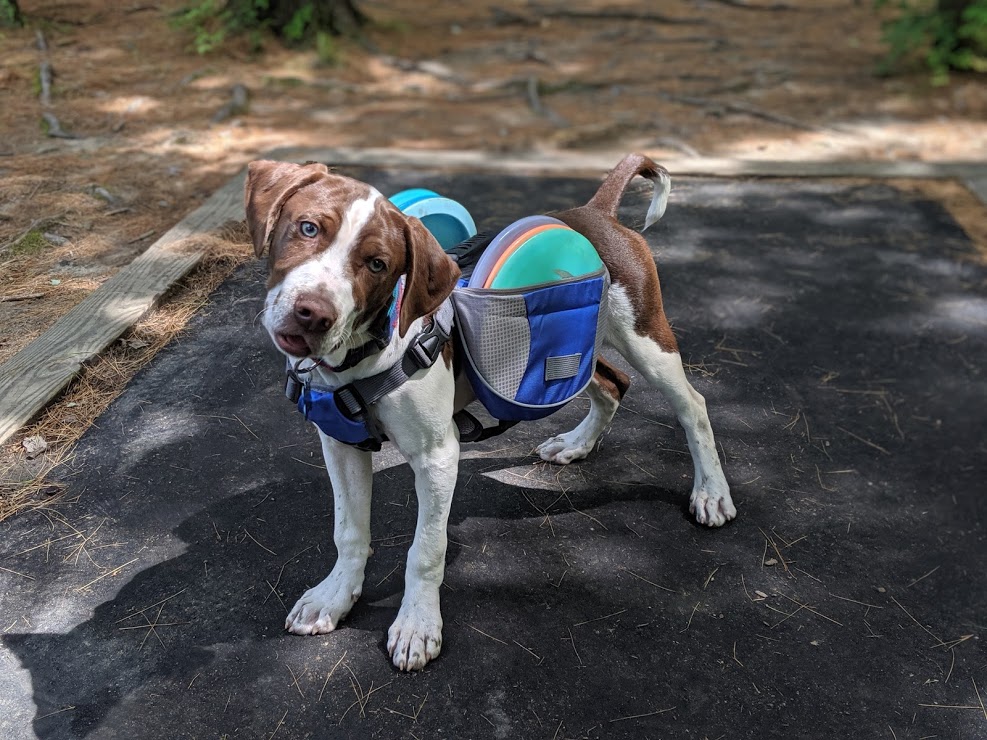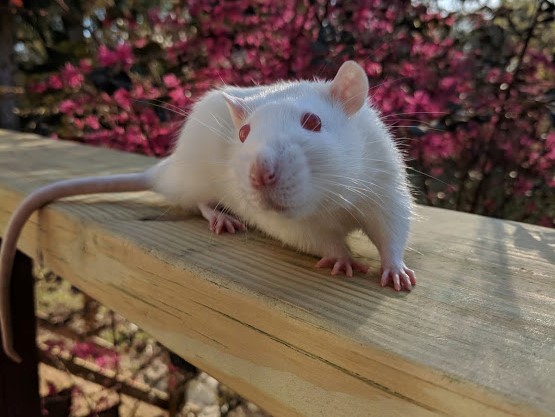|
What You Need to Know Before Surgery
Many people have questions about various aspects of their pet's surgery, and we hope this information will help. It also explains the decisions you will need to make before your pet's upcoming surgery.

Is the anesthetic safe?
Today's modern anesthetic monitors have made surgery much safer than in the past. Here at Rowley Animal Hospital, we do a thorough physical exam on your pet before administering anesthetics, to ensure that a fever or other illness won't be a problem. We also perform thorough pre-anesthetic testing prior to anesthesia to ensure every patient undergoing anesthesia is healthy and able to handle the anesthetic. We also adjust the amount and type of anesthetic used depending on the health of your pet.
Pre-anesthetic blood testing is important in reducing the risk of anesthesia. Every pet needs blood testing before surgery to ensure that the liver and kidneys can handle the anesthetic. Even apparently healthy animals can have serious organ system problems that cannot be detected without blood testing. We perform blood testing before surgery to minimize anesthetic risk by catching underlying issues ahead of time. For animals undergoing a major operation, such as a spay or neuter, we also perform a coagulation panel in-house to ensure they can clot their blood normally prior to surgery. This test allows us to pick up any animals that may have hemophilia or another clotting disorder and increased risk of excessive bleeding. If there is a problem, it is much better to find it before it causes anesthetic or surgical complications. If serious problems are detected, surgery can be postponed until the problem is corrected.
In addition to blood testing, all patients have a pre-anesthetic EKG performed the morning of their surgery. This allows us to catch underlying heart conditions that could pose significant anesthetic risk. For geriatric or ill pets, additional blood tests or x-rays may be required before surgery as well.
It is important that surgery be done on an empty stomach to reduce the risk of vomiting during and after anesthesia. You will need to withhold food for at least 8 to 10 hours before surgery for dogs and cats. Water can be left down for the pet until the morning of surgery. Many animals, just like humans, face nausea with anesthetics, so here at Rowley Animal Hospital, all pets undergoing anesthesia are treated with anti-nausea medications prior to anesthesia. This helps them get back to their normal selves faster and help prevents post-anesthetic vomiting and aspiration.

Will my pet have stitches?
For many surgeries, we use absorbable sutures underneath the skin. These will dissolve on their own, and do not need to be removed later. Some surgeries, especially tumor removals, do require skin stitches. With either type of suture, you will need to keep an eye on the incision for swelling or discharge. Most dogs and cats do not lick excessively or chew at the incision, but this is an occasional problem you will also need to watch for. If there are skin sutures, these will usually be removed 10 to 14 days after surgery. You will also need to limit your pet's activity level for a time and no baths are allowed for the first 14 days after surgery.
 Will my pet be in pain? Will my pet be in pain?
Anything that causes pain in people can be expected to cause pain in animals. Pets may not show the same symptoms of pain as people do; they usually don't whine or cry, but you can be sure they feel it. Pain medications needed will depend on the surgery performed. Major procedures require more pain relief than things like minor lacerations.
We administer a pain injection prior to surgery. After surgery, pain medication is given on a case by case basis. During surgery, all animals are given a local anesthetic to numb the surgical site for 8 hours. Any animal that appears painful will receive additional pain medication. We may recommend an oral anti-inflammatory or additional pain medications for several days after surgery to lessen the risk of discomfort and swelling. We use newer medications, which are less likely to cause stomach upset.
All animals undergoing surgery are treated with appropriate pain control, including local anesthesia. Providing whatever pain relief is appropriate is a humane and caring thing to do for your pet.
 What other decisions do I need to make? What other decisions do I need to make?
While your pet is under anesthesia, it is the ideal time to perform other minor procedures, such as dental cleanings, small growth removals, grooming procedures, or implanting an identification microchip. If you would like an estimate for these extra services, please call ahead of time. This is especially important if the person dropping the pet off for surgery is not the primary decision maker for the pet's care.
When you bring your pet in for surgery, we will need to 5 to 10 minutes of time to fill out paperwork and make decisions on the options available. When you pick up your pet after surgery you can also plan to spend about 10 minutes to go over your pet's home care needs.
We will call you the night before your scheduled surgery appointment, to confirm the time you will be dropping your pet off and to answer any questions you might have. In the meantime, please don't hesitate to contact us with any questions about your pet's health or surgery.
|